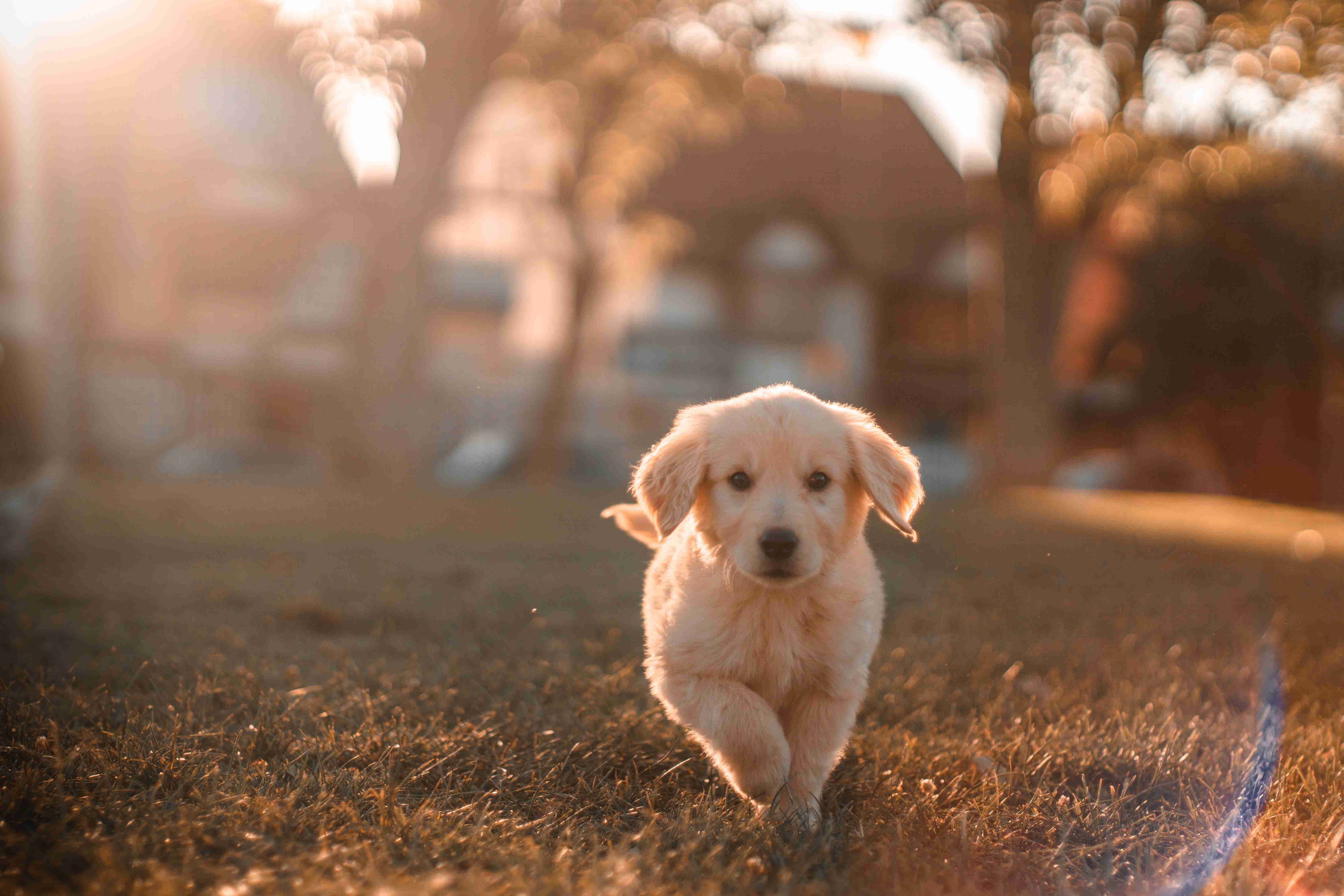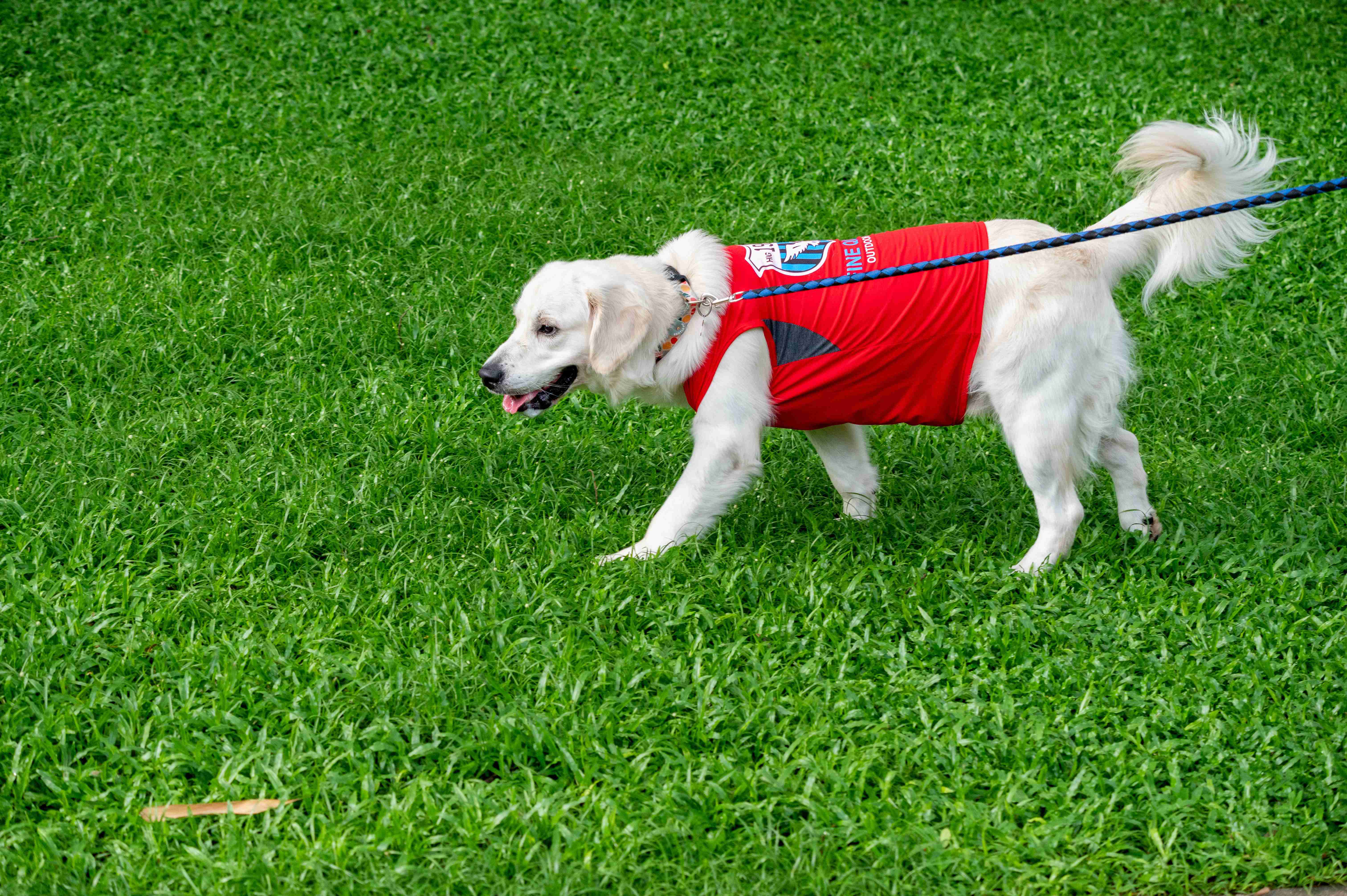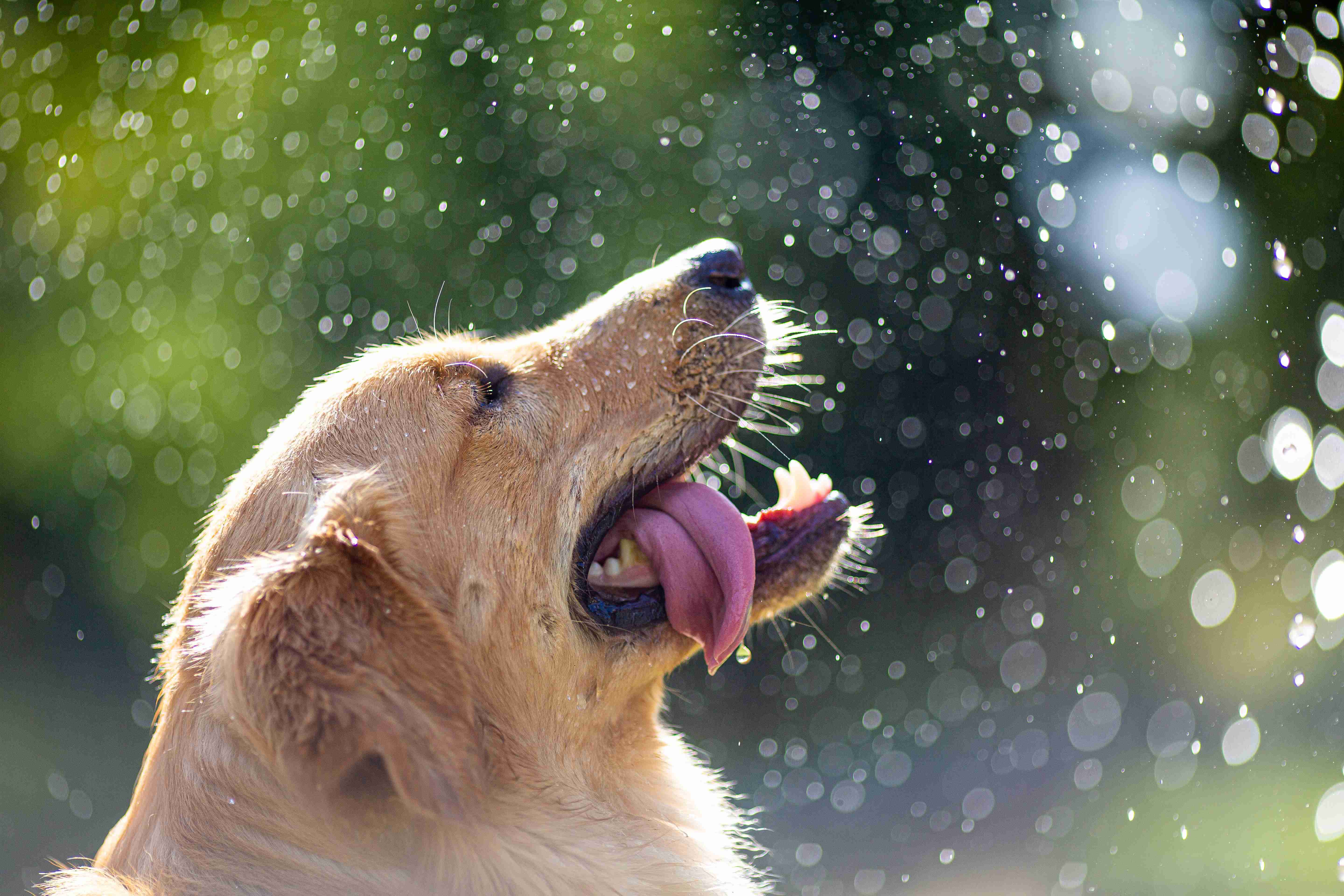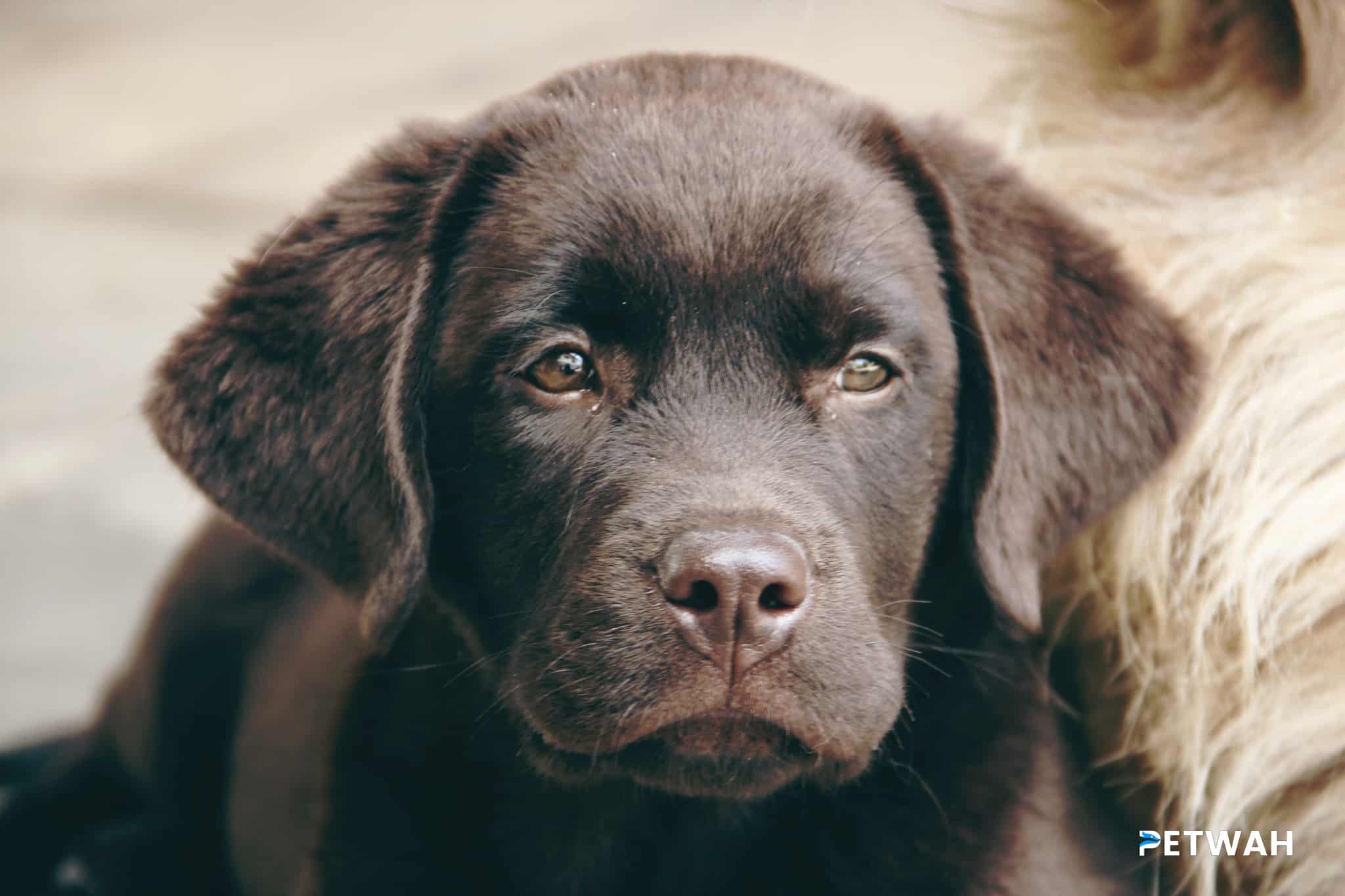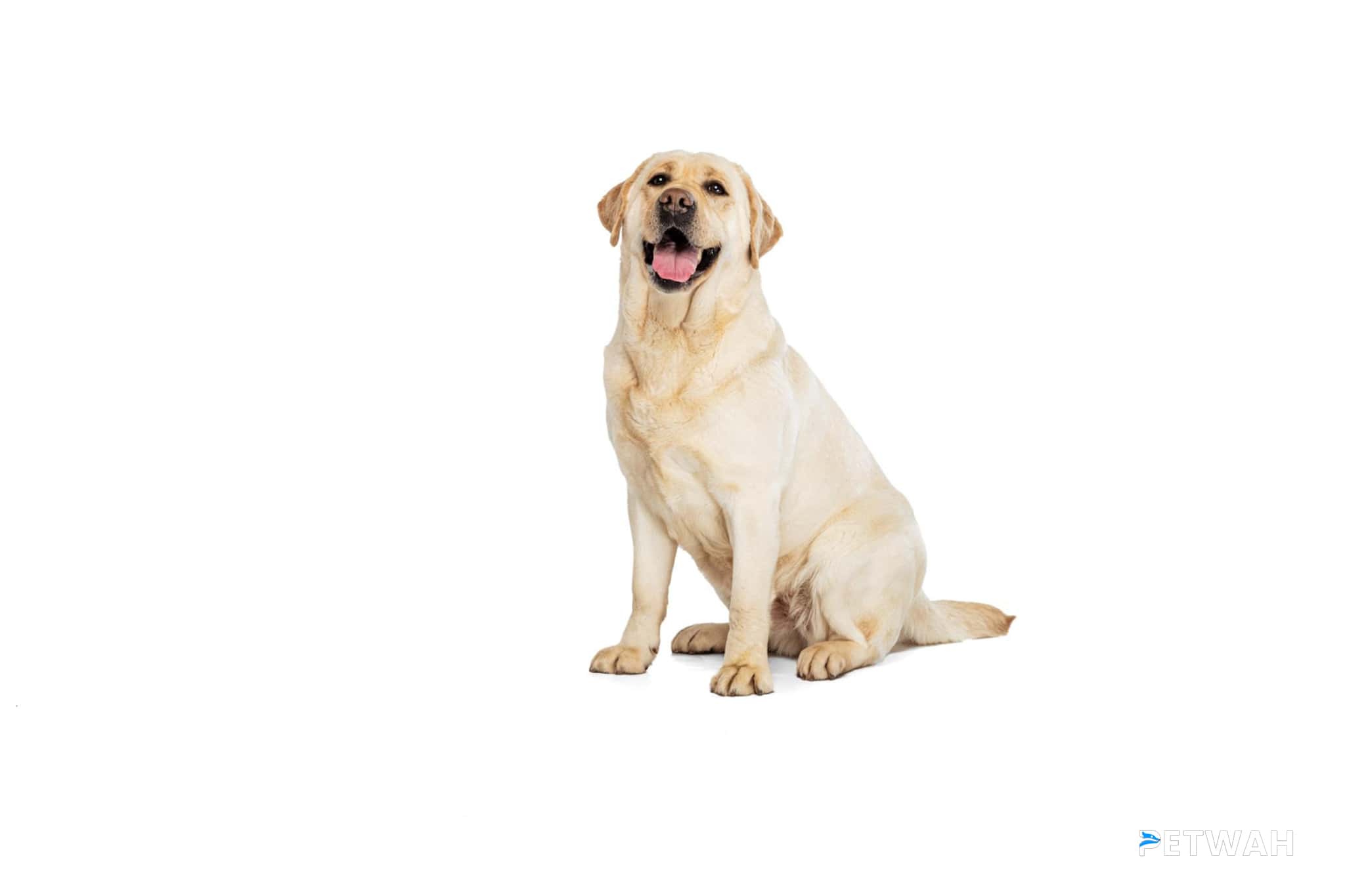When it comes to our beloved furry friends, it’s important to ensure they are getting the right nutrition to thrive and live a healthy, happy life. Golden Retrievers, with their friendly and affectionate nature, are one of the most popular dog breeds around the world. But have you ever wondered if they have any specific dietary requirements? In this blog post, we will dive deep into the world of Golden Retrievers and unravel the dietary needs that will keep them wagging their tails with joy. So, let’s get started and discover the golden guidelines for nourishing your Golden Retriever!
Golden Guidelines: Unraveling the Dietary Needs of Golden Retrievers
Golden Retrievers are undoubtedly one of the most beloved and popular dog breeds in the world. With their friendly nature, intelligence, and stunning golden coats, it’s no wonder they capture the hearts of many dog enthusiasts. As responsible pet owners, it is crucial to understand and meet the dietary requirements of our furry friends. In this blog post, we will delve into the specific dietary needs of Golden Retrievers, providing you with valuable insights and guidelines to ensure your beloved companion stays healthy and happy.
Understanding the Nutritional Needs of Golden Retrievers:
A balanced and nutritious diet is essential for maintaining the overall health and well-being of Golden Retrievers. As active and energetic dogs, they require a well-rounded diet that meets their unique nutritional needs. Here are some key factors to consider:
1. High-Quality Protein:
Protein is a vital component of a Golden Retriever’s diet. It plays a crucial role in building and repairing tissues, supporting the immune system, and providing energy. Opt for high-quality protein sources such as lean meats (chicken, turkey, and fish), eggs, and legumes. Avoid fillers and by-products that offer little nutritional value.
2. Healthy Fats:
Golden Retrievers have a dense double coat, which requires healthy fats to maintain its shine and health. Incorporate omega-3 fatty acids into their diet, found in fish oil or flaxseed oil. These fats promote a healthy skin and coat, reduce inflammation, and support brain development.
3. Complex Carbohydrates:
Carbohydrates provide energy for active Golden Retrievers. Opt for complex carbohydrates like whole grains (brown rice, quinoa) and vegetables. These provide a steady release of energy, promoting satiety and preventing blood sugar spikes.
4. Essential Vitamins and Minerals:
To ensure proper growth and development, Golden Retrievers need a range of essential vitamins and minerals. Incorporate a variety of fruits and vegetables into their diet, ensuring they receive a wide array of nutrients. However, be cautious about toxic foods for dogs, such as grapes, raisins, onions, and chocolate.
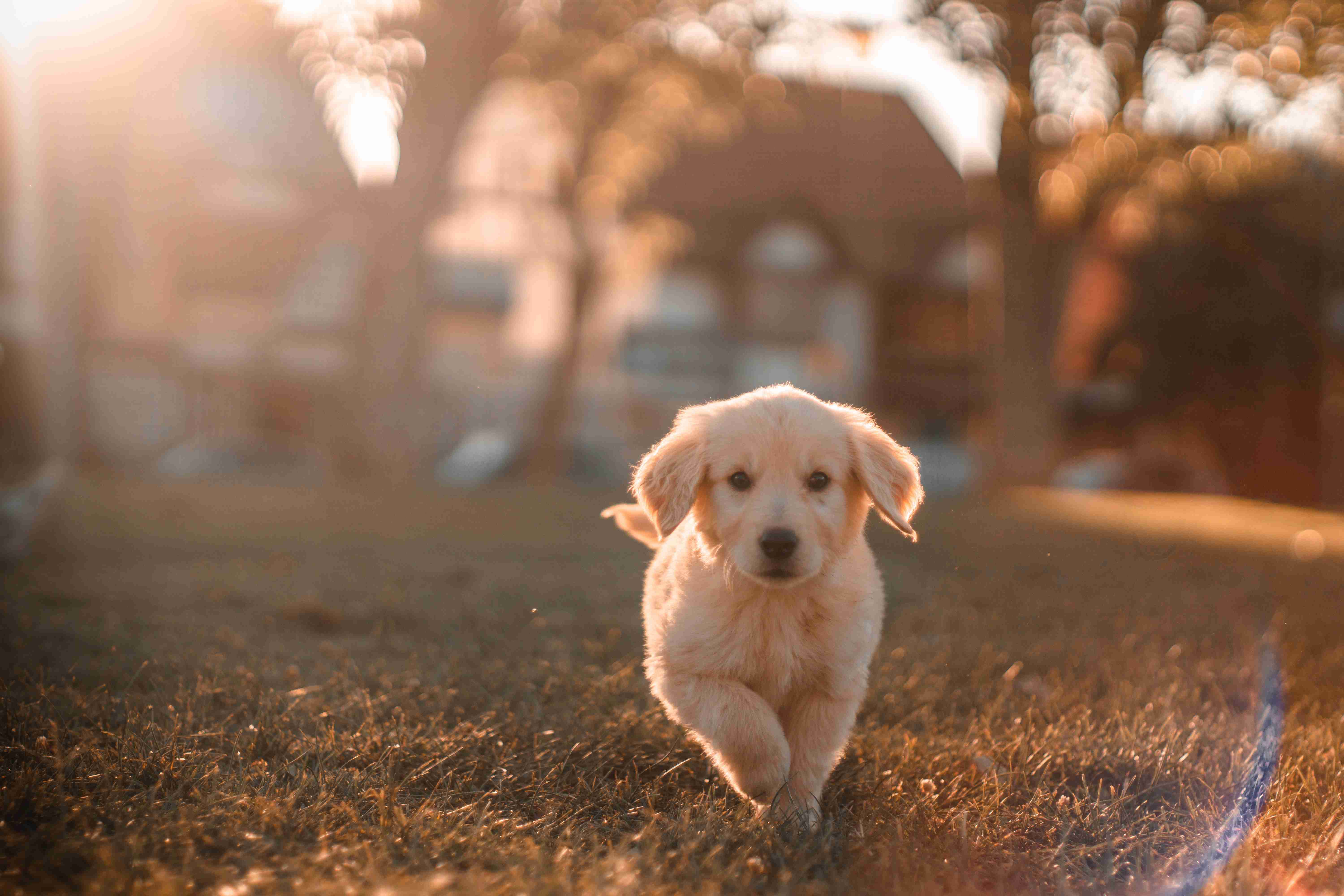
5. Hydration:
Water is vital for all living beings, and Golden Retrievers are no exception. Always provide fresh, clean water for your furry friend to keep them adequately hydrated throughout the day.
Feeding Guidelines for Golden Retrievers:
When it comes to feeding your Golden Retriever, there are a few guidelines to keep in mind:
1. Age and Life Stage:
The nutritional needs of Golden Retrievers change as they grow from puppies to adults and eventually reach their senior years. Choose a high-quality dog food that is appropriate for their age and life stage. Consult with your veterinarian for specific recommendations.
2. Portion Control:
Maintaining a healthy weight is crucial for Golden Retrievers to prevent obesity-related health issues. Follow the feeding guidelines provided on the dog food packaging, adjusting portions based on your dog’s activity level, age, and metabolism. Regularly monitor your dog’s weight and consult with your veterinarian if any adjustments are necessary.
3. Meal Frequency:
Golden Retrievers typically do well with two meals per day. However, individual preferences and circumstances may vary. Consult with your veterinarian to determine the best meal frequency for your specific dog.
4. Avoid Overfeeding and Table Scraps:
Resist the temptation to overfeed your Golden Retriever or give in to those pleading eyes at the dinner table. Overfeeding can lead to weight gain and other health issues. Avoid feeding table scraps, as many human foods are not suitable for dogs and can be harmful.
As responsible pet owners, it is our duty to provide our Golden Retrievers with a well-balanced and nutritious diet. By understanding their unique dietary needs and following the guidelines mentioned above, we can ensure that our beloved companions lead healthy and fulfilling lives. Remember to consult with your veterinarian for personalized advice and recommendations. With the right diet, your Golden Retriever will thrive and continue to bring joy to your life for years to come.
In conclusion, understanding the dietary needs of your Golden Retriever is crucial in ensuring their overall health and well-being. While they are generally easy-going and adaptable, it is important to provide them with a balanced and nutritious diet that meets their specific requirements. Remember to consult with your veterinarian to create a personalized feeding plan for your furry friend. By nourishing them properly, you can help your Golden Retriever live a long, happy, and healthy life filled with endless tail wags and unconditional love. So, let’s unleash the power of proper nutrition and give our Golden Retrievers the golden life they deserve!


